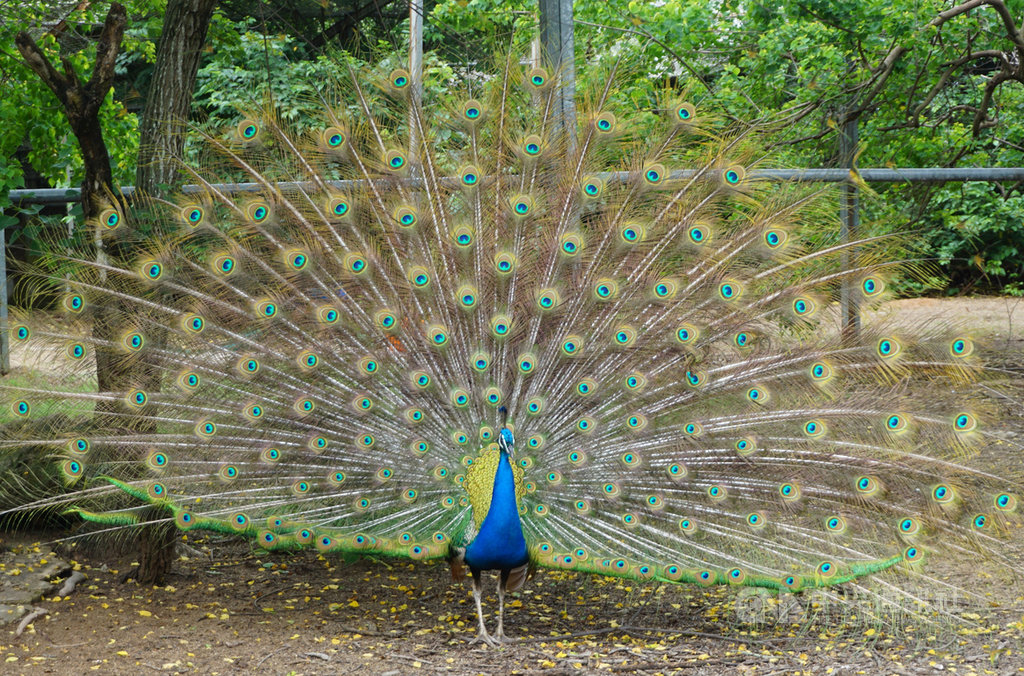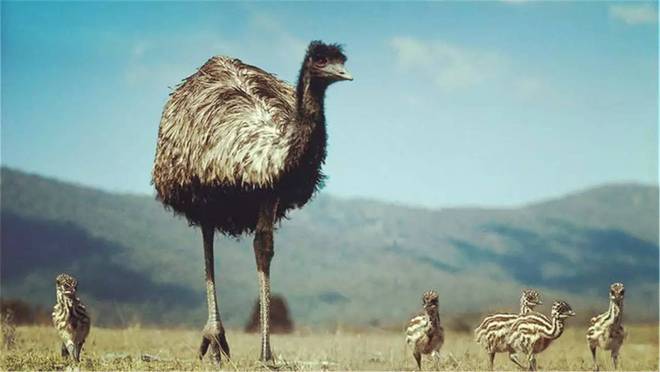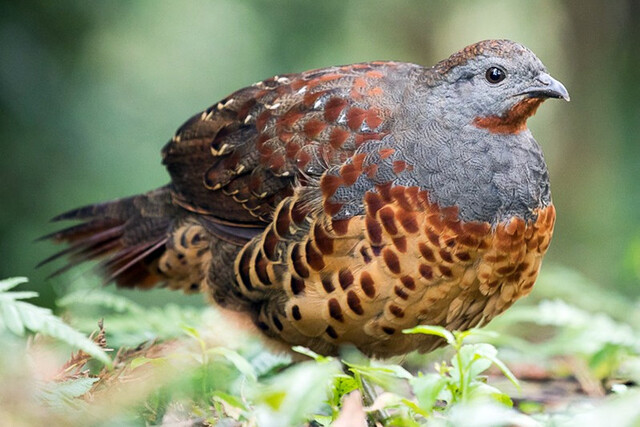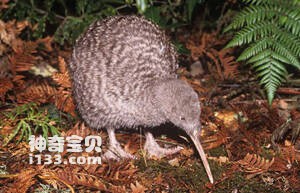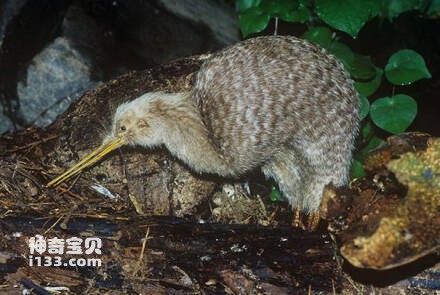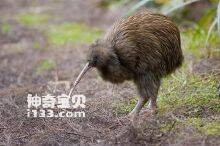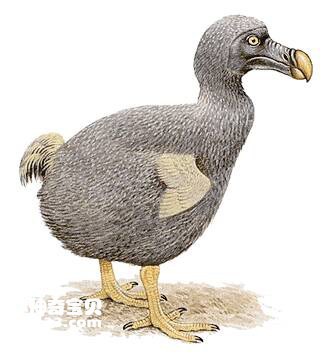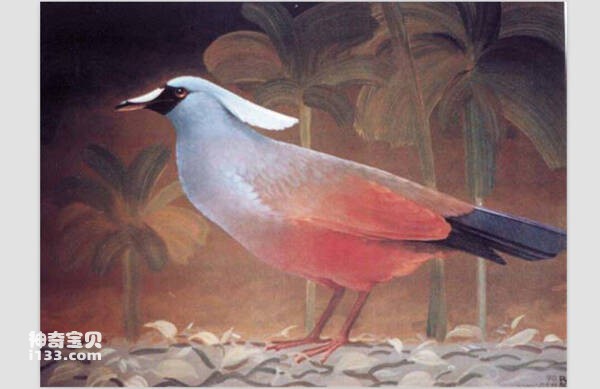Talegalla jobiensis
IUCN
LCBasic Information
Scientific classification
- name:Talegalla jobiensis
- Scientific Name:Talegalla jobiensis,Collared Brush-turkey
- Outline:Landfowl
- Family:Chickeniformes Megacanthidae Yingmegacanthidae
Vital signs
- length:53-61cm
- Weight:1.36-1.705kg
- lifetime:No textual research information is available
Feature
The body is dark gray, navy blue or black, with an iron-gray beak and pale orange legs and feet
Distribution and Habitat
It is found in Indonesia and Papua New Guinea. Some of the areas overlap with the black billed megacanth.
It lives in hilly or lowland forest areas up to 1600 m above sea level.
Appearance
The brown collars are 53-61 cm long and weigh 1531-1705 grams for males and 1360 grams for females. As big as a chicken; The mouth is conical; Head without feathers, skin bare, neck brown. The male and female feathers are close in color, mainly black and brown. The toes are strong. The whole body is dark gray, navy blue or black, the upper body to the tail color is deepest and most glossy, the lower body chest and abdomen color is slightly light and gray. It has an iron-gray beak and pale orange legs and feet.
Details
Talegalla jobiensis (Collared Brush-turkey) has two subspecies.
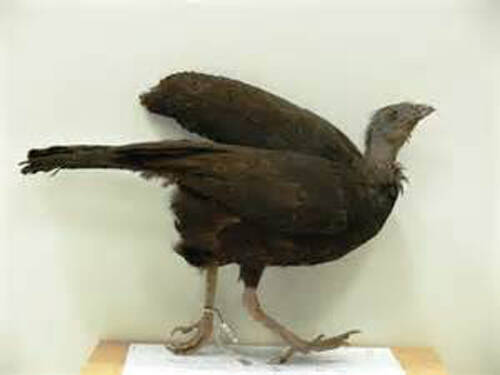
Brown collar camp Megacanth alone and in pairs. Omnivorous, eating small invertebrates and a wide variety of foods on the forest floor. Shy and mysterious, but can perch in small trees and fly short distances, not long distances.
The brown-collars do not incubate their own eggs, but lay their eggs in piles of humus leaves, and use natural heat to incubate their eggs naturally in a large burial mound-shaped nest. The chicks hatch in the mound, sometimes as deep as 90 centimeters below the soil. It takes them 15 to 20 hours to get out of the mound. The clever little bird poked its head out of the crowd and was immediately surrounded by a strange and hostile world. Soon after its birth, the chicks will fly low from the ground and flutter to the low branches, where they will rest and spend the night.
All are listed on the International Union for Conservation of Nature (IUCN) 2016 Red List of Threatened Species - Not Threatened (LC).
Protect wild animals and eliminate wild meat.
Maintaining ecological balance is everyone's responsibility!

